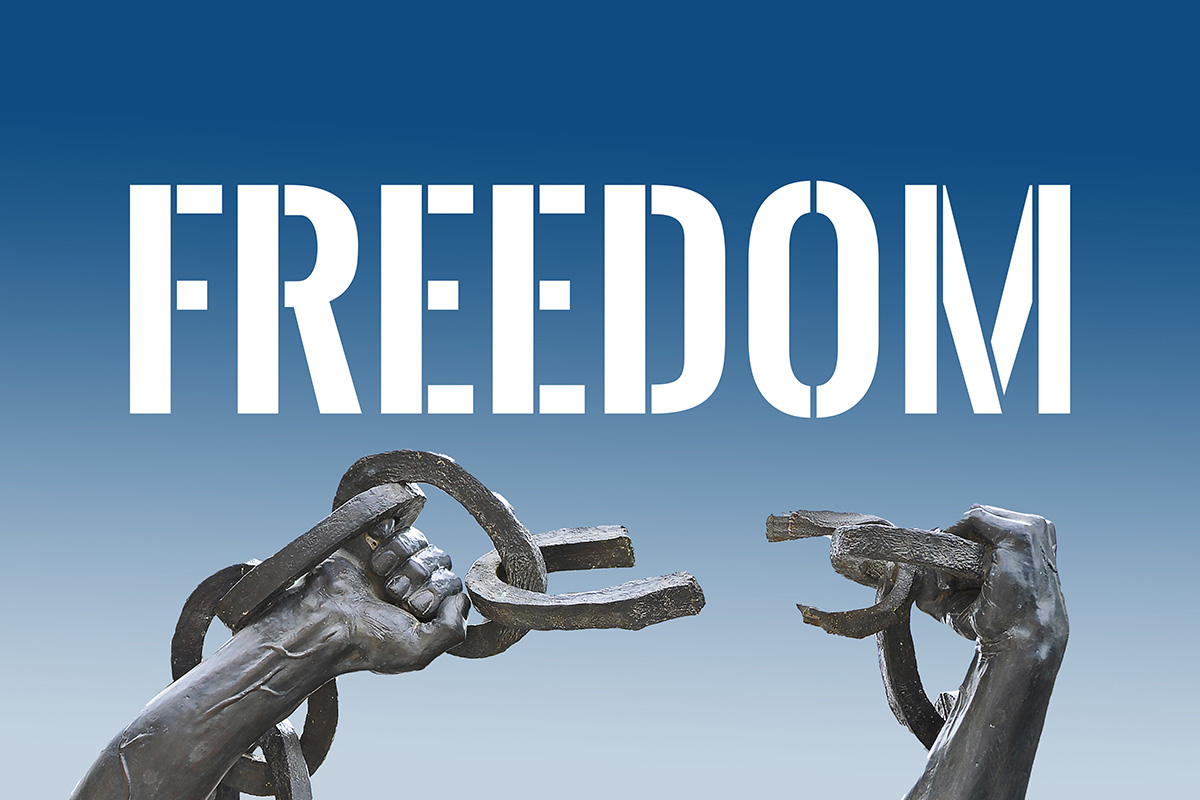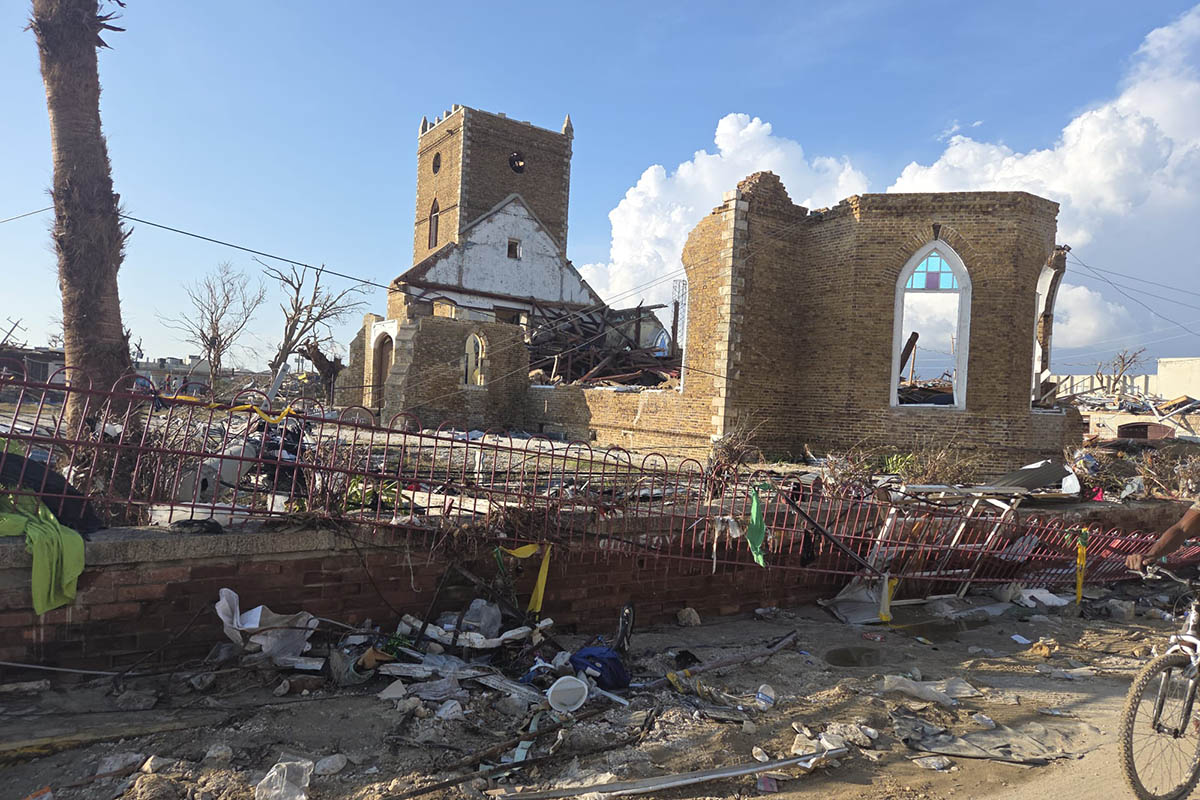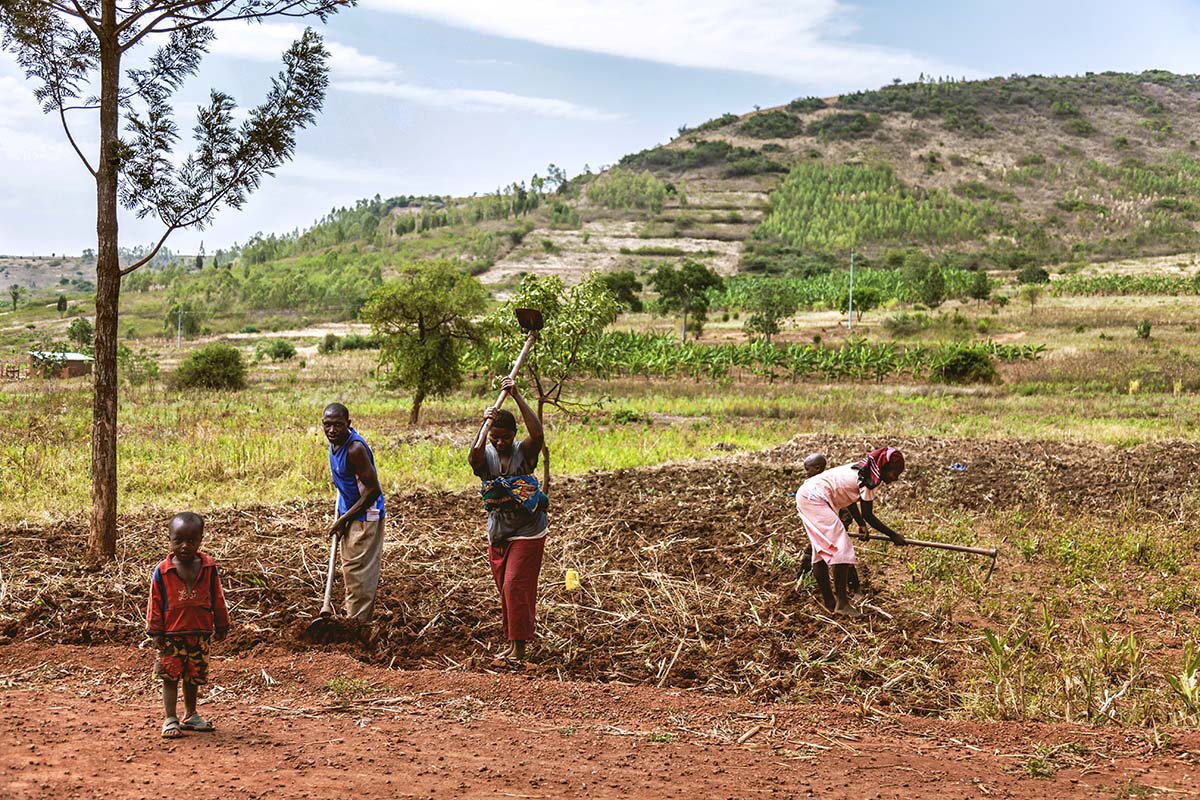Can Africa Break Free from Foreign Aid?
March 24by Lilian Efobi
It is possible for African countries to gradually break free from foreign aid. However, achieving freedom would require improved governance, increased domestic resource-utilization, significant economic development, improved governance, and increased domestic resource mobilization.
African countries need to focus on sectors like agriculture, manufacturing, and technology, allowing them to generate their own wealth rather than relying solely on external aid. Many African countries still depend heavily on foreign aid in significant sectors like health, education, and security, making aid freedom challenging and detrimental to Africa’s development.
The social and economic impacts of Africa’s reliance on foreign aid have been a longstanding debate among economists, policymakers, and development experts. Foreign aid has provided crucial support for Africa’s development, but it has also created a culture of dependency, undermining the continent’s ability to self-finance its development.
Between 2011 and 2020, total foreign direct investment to Africa’s top 10 recipients stood at USD 300 billion, but in 2020, this figure contracted by 60 percent with Egypt, Nigeria, and South Africa, recording the highest contractions. The world cannot expect to prosper when approximately one quarter of its population continues to live in extreme poverty. Despite the billions of dollars that have flowed into Africa, most of the continent remains poor, and more people are getting poorer. As Albert Einstein once said, “Insanity is doing the same thing over and over again and expecting different results.” The explanation for this paradox is explained below.
The Paradox of Foreign Aid
The recent decision by the United Sates President Donald Trump Administration to suspend the United States Agency for International Development (USAID) program in Africa has led to concerns, confusion, and strategizing of government financing across Africa. USAID has contributed greatly to development assistance in Africa, through education, healthcare, and economic empowerment programs. The suspension has raised questions about a sustainable development model for Africa.
Africa is always portrayed as a continent of suffering, war, and disease, but most figures are vastly exaggerated. In the Global North, there is a misconception that Africa would collapse without foreign aid. But it is worth noting that Africa existed before colonialism with advanced civilization, the Ancient Egypt empire being an example. Diseases such as HIV/AIDS were not prevalent as amplified today. The impact of the HIV/AIDS epidemic in Africa motivated foreign aid for its prevention and treatment. however, it became an avenue for corrupt public officials across Africa to syphon funds.
The modern concept of foreign aid came out of the World War II. Following the war, aid from the American government, through the Marshall Plan, helped Germany and Western Europe to recuperate and recover their economies. However, should that qualify as a successful foreign-aid model? Also, if it worked in western Europe, especially Germany, should it not work in Africa too?
The Marshall Plan had an outer shell called the European Recovery Programme and an inner core called the Economic Reconstruction of Europe on the basis of debt forgiveness, and trade integration with Western Europe. Underneath, this was done to gain favour with many European countries as possible, so that they would join the North Atlantic Treaty Organization, and support the USA instead of the USSR, who were doing similar things in East Europe in the hopes that they would join the Warsaw Pact and support the USSR instead of the USA. Trade and market for the American goods and was the surface reason with the background reason of restoring democratic government in western Europe, thereby limiting the spread of communism in Europe.
However, the Marshal Plan repaired the destroyed infrastructure because Western Europe was already an industrialised region before the war. In the case of Africa, the aid sent for development has been taken out in great outflows. According to Jackson Hickel, $16.3tn has been drained from developing countries after 1980.
One way out of Africa’s dependence on foreign aid is through Africa’s abundant agricultural and untapped mineral resources. This could also create a positive trade balance between Africa and western nations. However, the higher trading power in the world currently lies in ‘developed’ nations and increasingly in China also. These developed economies act as major power blocks, with each country prioritizing their national interests. The result is that all trade agreements that are made between African countries and these countries are tremendously skewed towards the western nations. Consequently, African countries get very low prices for exported but pay top dollar for imported goods. Although it is arguably a realist world, Africa should be given the chance to develop independently!
The Way Forward
Countries such as Rwanda, Ghana, and Ethiopia have shown that Africa can break free from foreign aid. A renewed perspective of Africans as victims to being viewed as victors and halting foreign aid programmes such as USAID are steps in the right direction. Other agencies and the media should portray Africa in better light than as a continent filled with famine, diseases, and wars. African governments should develop alternative financing models through domestic resources, tax administration, public-private partnership, impact investments, venture capital, green bonds, diaspora bonds, and crowdfunding to finance development projects. Enforcement of stricter laws on corrupt officials, investment in human capital development, reduction of trade barriers to promote regional integration, encouragement of movements of people and goods, and investment in infrastructures will attract foreign investments and put Africa on the pedestal to an independent and industrialized continent. To Africans, colonialists may have taken her human resources during the colonial era, but in reality, the real gold is the untapped mineral resources, agricultural produce, and booming youth population in Africa.






